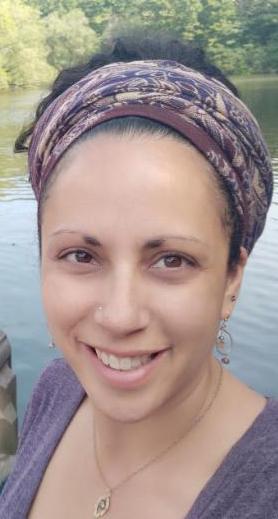
To the State of Israel and all its inhabitants,
As you prepare to celebrate your 75 years of existence, we find ourselves in between the Holocaust Memorial Day and Independence day. During these days we count the “Omer”, which connects the festival of freedom (Passover) with the festival of ‘Shavuot’, which to me is all about responsibility. These days are a very special time, in which the connection between freedom and responsibility is being elevated. In fact, there is no freedom without responsibility.
During Passover we celebrate our exodus from Egypt, from slavery to physical and spiritual freedom. Freedom cannot be complete without responsibility. Therefore, coming out of Egypt is not enough, because freedom is not complete until we receive the Torah at Mount Sinai. The Torah is a symbol of responsibility towards others, towards community, towards the land and towards the environment. A free person is not complete if they are not caring for others.
Rabbi Jonathan Sacks wrote in his book: “To Heal a Fractured World” that “the Tanach (the Hebrew Bible) is God’s call for human responsibility”. In his book “Covenant and Conversation,” he explains the importance of the Exodus story around the Passover night table, a story passed down from generation to generation. He describes this critical act of telling our story: “The Torah teaches us a deep insight: a people who tell their children the story of freedom and responsibility will inherit it, will remain free as long as they live, breathe and hope”.
Viktor Frenkel, in his book “A man in search of meaning”, gave enormous importance to the concept of ‘responsibility’, he wrote: “Life presents people with their problems, and their role is to answer those questions by taking responsibility for their own life”. The word ‘responsibility” comes from the word ‘response’, because responsibility does not come from within, but always gives a response to someone else, or something else, which is outside of us.
The Torah instructs us to build a full social system, which gives weight and importance to charity and justice, caring for the stranger, the orphan and the widow, and in general, taking care of all sectors of the population. The responsibility towards the other is part of freedom. This means that even when we arrive to the land of Israel, settle it, and begin living a life of true freedom, it’s not possible to do so without caring for others, including the land and the environment.
The State of Israel, the source of our pride in so many ways, is experiencing a big shake-up these days. Many of us feel that our freedom is threatened and so the anxieties increase. Others feel that responsibility is no longer the top priority of our leaders.
Nelson Mandela said: “To be free is not merely to cast off one’s chains, but to live in a way that respects and enhances the freedom of others.” These words of Mandela can give another meaning to this line from our national anthem: “To be a free people in our own land”.
I hope that during this time of crisis, we will find within us the ability to respect and empower the freedom of others, from a place of responsibility that we all should share. I wish that this crisis will become a big opportunity for correction and healing, and that such correction will start with a real responsibility towards each and every person in this land. This is how we will reach true freedom.
Sincerely,
Leora Hadar


Leora Hadar is a therapist and a parent counselor. She holds a BA in Psychology and MA in Bibliotherapy. She is active in “Women Wage Peace”, the Shared Society Forum, and the “Roots” initiative, which brings Israeli Settlers and Palestinians from the West Bank to encounter one another. Lives in “Alei Zahav” in Samaria (Northern part of the West Bank). She is married to David and a mother of four.